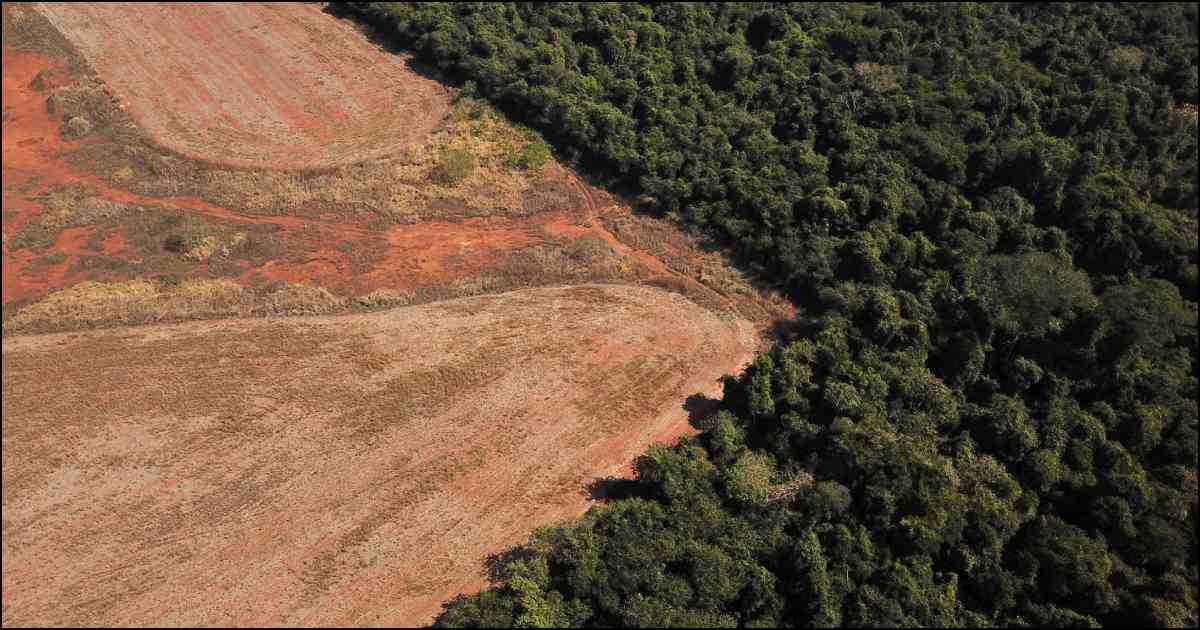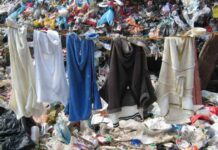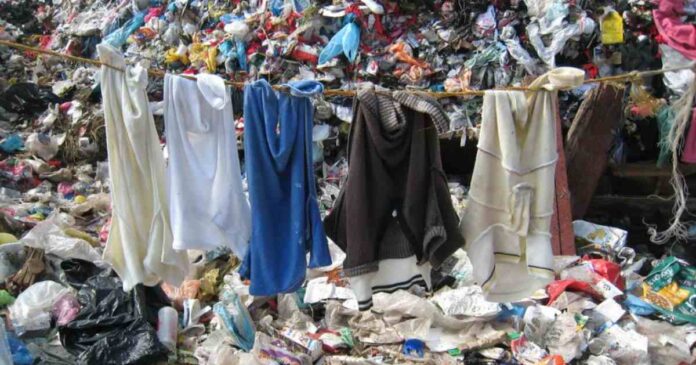The planet is getting hotter and hotter day by day, and we are all its criminals. How so? Well, aren’t we all guilty of buying things we don’t need? That seventh pair of sneakers, that online order we forgot about until the delivery guy showed up, that fast fashion haul just because it was on sale.
But what if I told you that our shopping habits aren’t just breaking the bank; they’re breaking the planet?
This isn’t about guilt-tripping anyone for buying a coffee in a plastic cup or ordering takeout. It’s about a bigger, more dangerous pattern we’ve all slipped into: overconsumption.
A culture that constantly whispers “more is better” has turned into a full-blown shout. And while we’re busy chasing sales, trends and upgrades, the Earth is choking on the leftovers.
The Crisis Behind Convenience
Everything we consume comes with a hidden cost.
Did you know it takes 2,700 litres of water to make just one cotton shirt? That’s enough drinking water for one person for almost three years. And yet, fast fashion encourages us to toss that shirt after a season because it’s “so last year.”
Let’s break it down:
- The fashion industry produces 10% of global carbon emissions, more than aviation and shipping combined.
- It’s responsible for 20% of global wastewater, much of which ends up in rivers and oceans.
- The average consumer today buys 60% more clothes than they did 15 years ago, but keeps them for half as long.
And it’s not just clothes.
- 1.7 billion smartphones are produced each year, many using rare Earth minerals extracted through environmentally destructive mining.
- Every year, 50 million metric tons of electronic waste are generated globally. Less than 20% of it is recycled.
- According to the UN, we extract over 100 billion tons of materials annually, and only 7.2% is reused.
Convenience has become our compass. We want quick deliveries, one-click checkouts and products wrapped in layers of plastic. Meanwhile, landfills are overflowing, and global temperatures are hitting new highs every year. Coincidence? I think not.
From Landfills to Melting Ice Caps: The Domino Effect
We live in a culture where things are designed to be used quickly and discarded even faster. Everything is disposable.
The result?
- 2.12 billion tons of waste are dumped globally every year. That’s roughly 800,000 Olympic-sized swimming pools worth of trash.
- One garbage truck of textiles is landfilled or burned every second.
- Plastic pollution is so widespread that microplastics have been found in rainwater, human lungs, and even the placenta of unborn babies.
Here’s the brutal truth: we’re living on ecological credit. If everyone on Earth consumed like the average person in the developed world, we’d need three planets to keep up.
From the Amazon rainforest being cleared for cattle grazing to microplastics being found in human bloodstreams (yes, really), the red flags are everywhere.

Floods, droughts, wildfires, and heatwaves are making headlines, but we’re too busy scrolling past them to notice the pattern.
In 2023 alone:
- Over 43 million people were displaced by climate-related disasters.
- 1 in 4 species globally faces extinction by 2050 if current consumption and emission trends continue.
- July 2023 was declared the hottest month ever recorded in human history.
So, What Now?
This isn’t a call to go live in a cave or give up modern life. But maybe it is a call to pause. To ask ourselves: Do I really need this? Can I borrow instead of buying? Can I buy less, but better?
Here are some small but powerful shifts:
- Buy less and buy better so that you choose quality over quantity.
- Support circular economies that rent, repair, reuse and resell.
- Demand transparency and ask brands where and how their products are made.
- Cut down on waste and say no to single-use plastics.
The system won’t shift unless we demand it. The supply won’t slow unless we curb our demand. Governments and corporations play a huge role, but consumers hold the real power. The power to stop fueling a machine that’s running the planet into the ground.
Let’s just not depend on one Greta Thunberg to save the planet when we all have an equal duty to fulfil.
Stay tuned to Brandsynario for latest news and updates







































